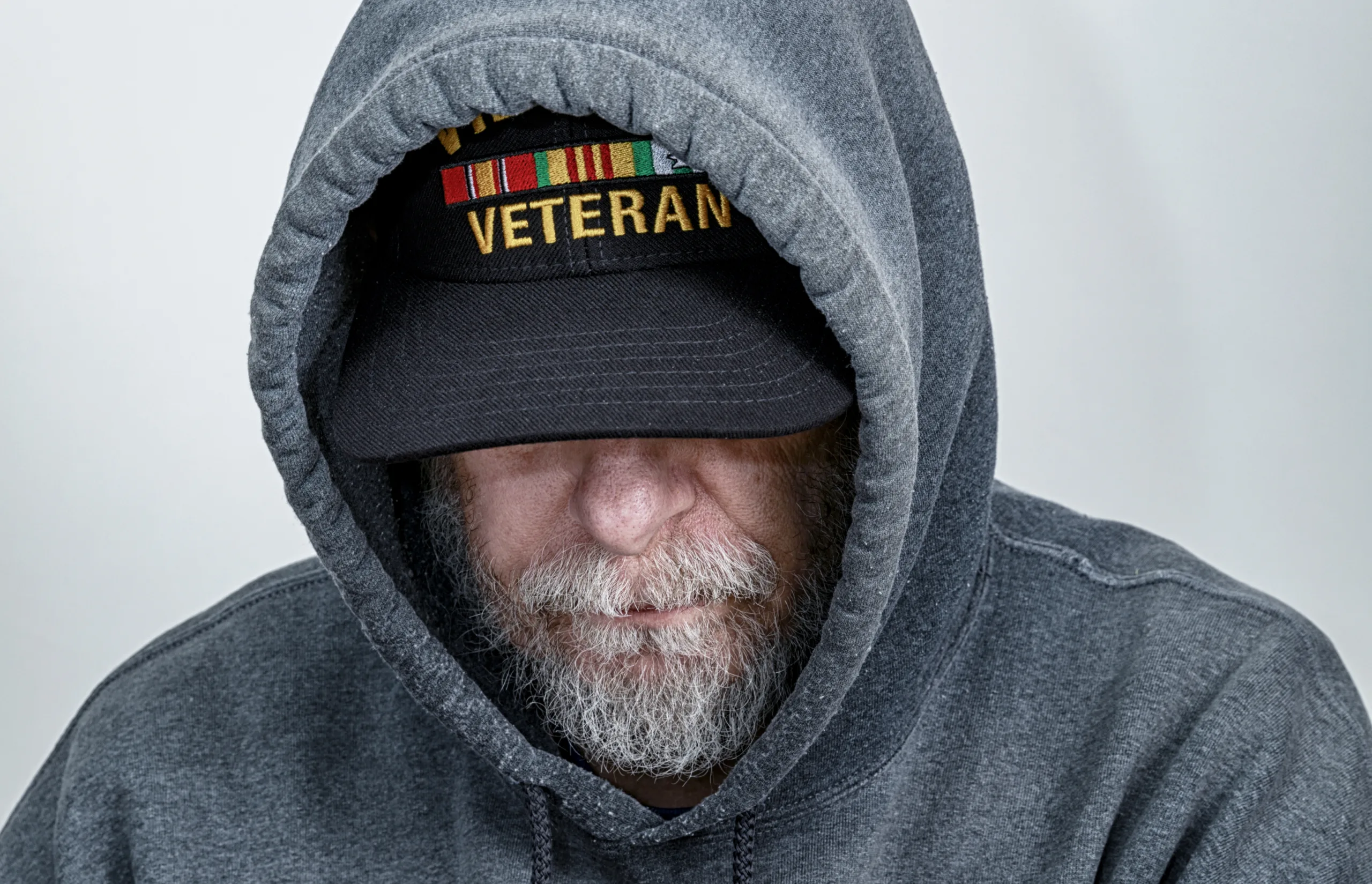Veterans, Mental Health, and the Holidays: An Overview
It’s normal to experience highs and lows during the holiday season as social interactions increase, immune systems become suppressed, and financial expectations and other pressures or stressors arise.
Veterans, specifically, often experience heightened mental health and substance abuse issues during this time of year, especially those still adjusting to civilian life. There are many military-specific difficulties that veterans continue to experience outside of their service that can wreak havoc on their mental health when left unaddressed.
In this article, we’re going to discuss the various and unique challenges that veterans face during this time of year, and the importance of seeking treatment when you need it (even if it’s the last thing you want to do).
How holidays affect mental health
There are three general causes of holiday stress for the average civilian: navigating relationships, managing finances and maintaining physical demands (such as preparing the house for guests and running errands).
Veterans can and do also experience these same causes of stress, but they also are likely dealing with mental and lifestyle elements that most civilians can’t comprehend. For example, the holidays carry the weight of all of those who did not make it home from war. Survivor guilt can take a significant toll on a veteran’s mental health, leading them to feel lonely or unworthy of celebrating the holidays, and therefore they isolate themselves.
Gaining a better understanding of veteran mental health is a strong step in the right direction of helping more veterans receive the help they both need and deserve.
Veteran mental health: an overview
Those who have never experienced military culture do not understand the level of discipline, resilience and sacrifice required from the men and women in service. Many aspects of military life promote a sort of invincibility, an impossible expectation that often leaves individuals requiring professional medical help but feeling as if they can’t ask for it.
After retiring from the military, many veterans are left with unhealthy mindsets, damaging coping mechanisms and unhealed traumas that are actively wreaking havoc on their mind and body. Even those who clearly recognize they’re struggling may avoid seeking help out of not wanting to burden their friends or family with the recovery process.
The truth is, those who love you would much rather take the time to talk with you and help you along the recovery process, rather than ever receive a call that you’re no longer here.
Veteran mental health triggers are not limited to any one time or season of the year, but the holidays especially are known to trigger PTSD and other conditions in veterans.
Veterans, mental health and the holidays
The Department of Veterans Affairs says, “Specifically for veterans, the holidays can enhance difficulties adjusting to civilian life, exacerbate posttraumatic stress disorder symptoms, put a focus on certain dates or anniversaries, and induce guilt.”
Post-traumatic stress disorder (PTSD) is the most common mental health condition in veterans. PTSD can develop after witnessing or experiencing traumatic events, and includes symptoms such as emotional numbness, avoidance behaviors, aggressive flashbacks and the fostering of substance use disorders.
Generalized anxiety disorder (GAD), panic disorder and depression are the other most common mental health conditions in veterans. These conditions can manifest a wide variety of symptoms, ranging from mild irritability and restlessness, all the way to paranoia and violent behaviors.
The holidays especially can be an emotional, turbulent time of year that may be full of more triggers than you’re expecting or are prepared to face. Reach out when you need it.
If you or a veteran you know is struggling, send us a message.
Take the first step today
Here at Tapestry Recovery, we specialize in providing personalized, evidence-based mental and behavioral treatment services to men and women in all walks of life.
Understanding that so many health challenges, especially those that veterans face, are the result of previous traumas, our physicians are trained in trauma therapy. Our recovery programs are rooted in a multifaceted approach that takes into consideration every area of your life to ensure we address your physical, mental, emotional and spiritual health.
You deserve to live a healthy, fulfilling life, especially after having served our country, and that’s what we’re here to help you achieve. It’s okay if you aren’t ready to enroll in a recovery program; we’re here to help you begin healing in whatever way we can.
Send us a message or give us a call today at 828-490-4032 to get started.






